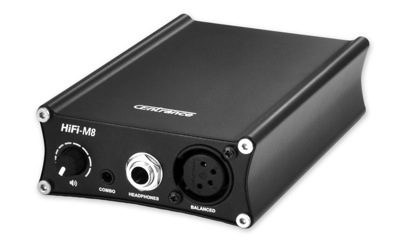The news is full of stories concerning augmented reality; mostly in the context of the Google Glass project. Google glasses have been banned from bars, casinos, locker rooms, healthcare facilities and many government agencies.
The fear is that, armed with a forward facing camera, the devices will compromise peoples’ privacy and perhaps disclose confidential information. The dynamic is definitely one of concerned skepticism.
Nevertheless, augmented reality is entering the market, riding on the coattails of increasingly capable smartphones and a rich ecosystem of innovative software applications. Add in the new wave of wearable devices, such as smart watches, and the market is primed for explosive growth that will transform both mobility and consumer communication services, according to Research and Markets (www.researchandmarkets.com).
Regarding smart watches, just about every mobile device manufacturer is introducing smart watches —Apple being the notable exception for now— and consumers who use them tend to like them a lot, according to the research group. From the standpoint of applications, the smart watch represents a new screen available to present data in the context of the user and user location.
Such a screen provides a way to unobtrusively deliver information to a mobile consumer; one in which the user is not distracted by the need to interrupt an activity, such as working or driving. In fact, smart watches are likely to turn around the dynamic that has been developing where younger people have given up wearing wrist watches in favor of simply looking at their smartphone, according to Research and Markets.
Most mobile device manufacturers are exploring heads-up displays. And, while unclear on how heads-up displays will play out in the consumer market, there are already niches in the business space where such devices are the best solution for enabling mobile workers: situations such as manufacturing and health care.
In fact, augmented reality is largely penetrating the market under the radar screen.
Rather than appearing completely thought out, with a rigid set of services, augmented reality is delivering usable and useful solutions that consumers are already growing to depend upon. This trend will continue, and will likely define augmented reality adoption over the next year, says Research and Markets.
What is certain, though, is that augmented reality is driving a real change in consumer expectations for their wearable computing devices. Having devices and applications that cannot interact with GPS positioning data to customize the delivery of information is no longer acceptable. Augmented reality applications are now moving to penetrate — and ultimately dominate — niche areas such as local search and navigation; and will increasingly come to define applications that enable social interactions and general Internet access, according to Research and Markets.



